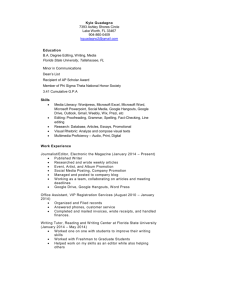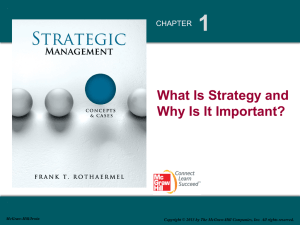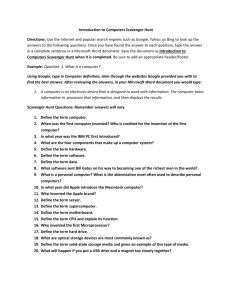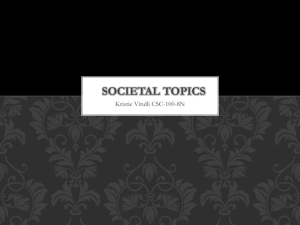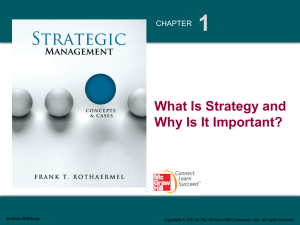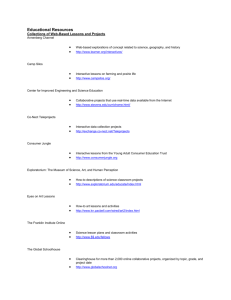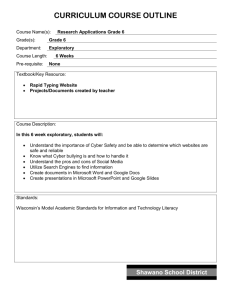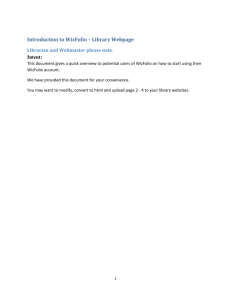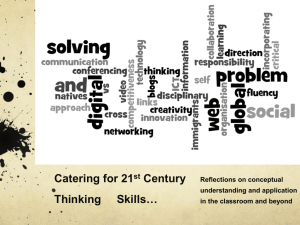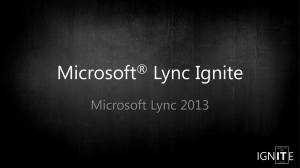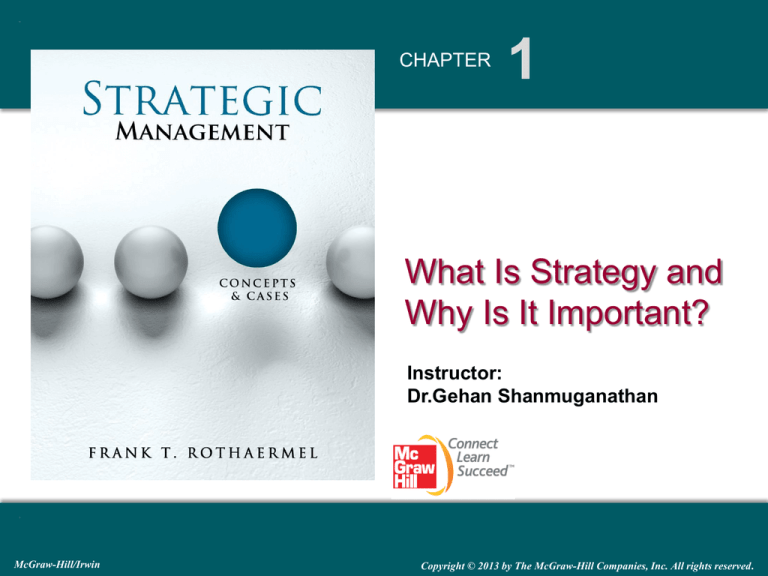
CHAPTER
1
What Is Strategy and
Why Is It Important?
Instructor:
Dr.Gehan Shanmuganathan
McGraw-Hill/Irwin
Copyright © 2013 by The McGraw-Hill Companies, Inc. All rights reserved.
Part 1 Strategy Analysis
1-2
LO 1-1 Define competitive advantage, sustainable competitive
advantage, competitive disadvantage, and competitive parity.
LO 1-2 Define strategy and explain its role in a firm’s quest for
competitive advantage.
LO 1-3 Explain the role of firm effects and industry effects in determining
firm performance.
LO 1-4 Describe the role of corporate, business, and functional managers
in strategy formulation and implementation.
LO 1-5 Outline how business models put strategy into action.
LO 1-6 Describe and assess the opportunities and challenges managers
face in the 21st century.
LO 1-7 Critically evaluate the role that different stakeholders play in the
firm’s quest for competitive advantage.
1-3
ChapterCase 1 The Premature Death of a Google Forerunner at Microsoft
• Google founded in 1998
Two graduate students at Stanford
PageRank algorithm a clear improvement
Today, it is world’s leading online search/advertising firm
• Microsoft bought LinkExchange in 1998
Keywords product for search engines was shut down
• Microsoft considered buying Overture Services
in 2003
Gates and Ballmer passed on the deal
Yahoo buys Overture for its own search product
• Microsoft launches its own search in 2009
Bing now partnered with Yahoo
1-4
WHAT STRATEGY IS: GAINING AND SUSTAINING
COMPETITIVE ADVANTAGE
• What Is Competitive Advantage?
Superior performance relative to competitors
Examples: Google, Duke Basketball, Pfizer’s Lipitor
• What Is Strategy?
Goal-directed actions to gain and sustain competitive
advantage
NOT a zero-sum game
Win – win scenarios – co-opetition
Requires trade-offs for strategic positioning
JCPenney vs. Neiman Marcus
Southwest Airlines vs. Delta Song
1-5
What Strategy Is NOT….
• Raking in every penny
the firm can get
Profit is a
consequence of good
strategy, it is NOT the
main goal!
• Operational
effectiveness
Enterprise Resource
Planning (ERP)
Benchmarking
Six Sigma
“Necessary but not
sufficient” such as
Lean Manufacture
1-6
Strategy Across the Levels
• Where to Compete?
Should GE move more
• CORPORATE
STRATEGY
aggressively into the
health care industry?
• How to Compete?
Should GE jet engines
have better fuel efficiency
than Rolls Royce?
• How to Implement?
Should GE human
• BUSINESS
STRATEGY
• FUNCTIONAL
STRATEGY
resources recruit more
science graduates?
1-7
BUSINESS MODELS:
• PUTTING STRATEGY INTO ACTION
Razor-blade model
Subscription model
• How is the firm going to make money to
continue operations?
• What’s happening now between Microsoft &
Google?
Business models in opposite directions
1-8
STRATEGY IN THE 21ST CENTURY
• Accelerating Technological Change
84 years for half of U.S. families to own a car
28 years for half to own a TV
6 years for an MP3 player
1-9
EXHIBIT 1.5
Accelerating Speed of Technological Change
1-10
STRATEGY IN THE 21ST CENTURY
• Future Industries
HEALTH CARE
In the U.S., over 16% of GDP and still growing
GREEN ECONOMY
Potentially large growth in energy efficiency and technologies
WEB 2.0
Interactivity and using collective intelligence on the Internet
1-11
STRATEGY HIGHLIGHT 1.1
Threadless: Leveraging Crowdsourcing
to Design Cool T-Shirts
• Online apparel company
Started in 2000 by 2 students with $1,000
“Prosumers” – a hybrid supplier/customer
Shirt designs are submitted by the community
Designs are voted on by the online community
– Only winning designs are produced & sold
Threadless Interview
1–12
1-12
STAKEHOLDERS
• Successful business generates societal value
• Stakeholders – are affected by firm’s actions
Internal
External
• Vary by industry
Autos
Investment banking
1-13
THE AFI STRATEGY FRAMEWORK
• Analyze (A)
Getting Started; External & Internal Analysis
Chapters 1 thru 5
• Formulate (F)
Business and Corporate Strategy
Chapters 6 thru 10
• Implement (I)
Organizational Design & Corporate Governance
Chapters 11 thru 12
1-14
CHAPTERCASE 1 Consider This…
• Microsoft has a new partner in the competition
for a search engine with Google… FACEBOOK
• In fall 2010, Mark Zuckerberg announced their
surprising decision to partner with the “really
scrappy…underdog” …Bing !!
• The partners are aiming to make “search more
social”
• “Our approach is about the speed of getting
things done…not the speed of high volume of
results”
1-15

